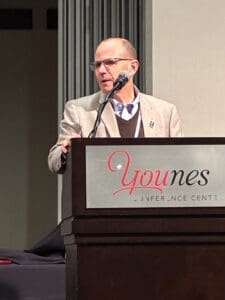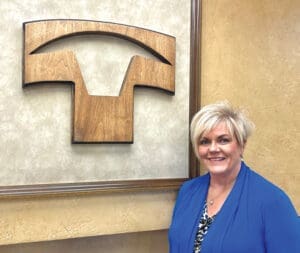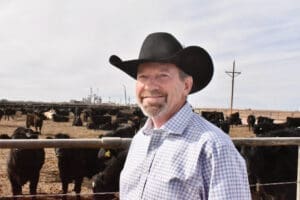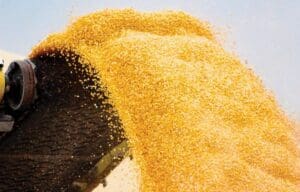By Jim Whitt, Contributing Editor
I was on the phone with a meeting planner who hired me to speak at the annual conference of an association of mechanical contractors. I asked why he chose me. “Because,” he said, “our members are struggling with change and, after watching your video, I think you can help them.”
He went on to explain that those in the audience were trying to figure out how to survive in a rapidly changing industry and how to structure their business for the next generation of ownership.
This is the same challenge all businesses in all industries face. And frankly, most businesses fail because they are merely reacting to change that has already taken place.
Futurist Daniel Burrus describes it like this, “Change comes from the outside in, forcing us to react and manage crises. Transformation, on the other hand, whether it is business or personal, always comes from the inside out, and that gives us far more positive control while allowing us to actively shape the future.”
I agree with Mr. Burrus. His description of change is congruent with behaviorist theory, which asserts that psychology is essentially a study of external human behavior rather than internal consciousness and desires. While most of us are familiar with Russian psychologist Ivan Pavlov’s experiments in conditioning (Pavlov’s dogs) it was the American psychologist B.F. Skinner who stressed the similarities between human and animal learning processes. Skinner and other behaviorists associated an arbitrary action (such as an animal pressing a lever) with a reward (presentation of food) or a punishment (an electric shock).
We humans have been trained just like any other animal to respond to reward, punishment or a combination of the two. This is what psychologists call classical or operant conditioning. After much repetition, the animal’s behavior becomes a conditioned response to the stimulus or some other trigger that’s associated with the stimulus.
From a behaviorist perspective, change is simply a matter of reacting to extrinsic stimuli. It’s a state of constant crisis management because external forces drive your behavior.
Transformation, on the other hand, requires us to rise above our animal natures. We are the only animals with the capacity to be internally or intrinsically motivated because we have been given the wonderful gift of free will. We have the power to choose our behavior. We choose to be proactive. Intrinsic motivation is transformational because it is inside out instead of outside in.
The whole process of transformation is at the heart of my approach to personal and organizational development. And the key to transformation can be summed up in one word — purpose. Purpose is the only stimulus that is unique to the human species. All other animals are just trying to eat and keep from being eaten. Humans want to know the reason for which something is done or created or for which something exists.
Transformation always begins with the question of purpose. From a personal perspective the question is, “What’s my purpose?” Since an organization is simply a group of people bound by a common purpose, that question becomes, “What’s our purpose?” When you are purpose-driven you become proactive instead of reactive.
The reality is, most businesses tend to be reactive. The world changes and forces them to react. Since the world is constantly changing, the result is lurching from crisis to crisis. They try to manage change, but how can you manage something you can’t control?
Being proactive flips that script. The transformation process poses these questions, “What will the future look like? What will we have to look like to succeed in that future? What will we have to do to create the organization we just described?”
It’s much better to be proactive, but that requires us to get out of our comfort zones. It requires an investment of time and money. It requires discipline. And it’s a continuous process. Transformation is hard work. But in the words of Daniel Burrus, it gives us far more positive control while allowing us to actively shape the future.
The difference between change and transformation is really a matter of motivation. Without a purpose, our only motivation is reward and punishment. Reward and punishment – or purpose? Remember, you have the power to choose.





